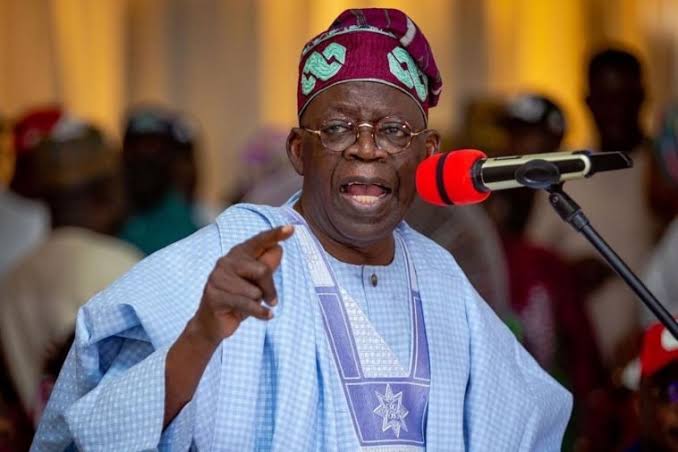Africa’s ongoing struggle for true liberation is not just about representative government. It must also be about economic liberation. That means building a fair and equitable economy – one where every African can see themselves represented. That means creating sustainable industries led by African entrepreneurs, professionals and businesspeople.
This is nowhere more important than in the creative industry, where until fairly recently, the sector was dominated by corporations from the Global North, which imposed a content roster from rich, industrialised nations upon audiences in Africa.
Fortunately, emerging African content platforms have recently been able to establish viable businesses around the creation of African content for African users, so that they can “see themselves” in the material they choose for entertainment.
Key to this, however, is the idea of a “viable” business model. For the content economy to be viable, the principles of fair exchange must be protected in the creative space. African content creators, producers and rightsholders must be able to get paid, earn a living and build businesses from their work. The biggest threat to this is content piracy.
Content piracy is the theft of copyrighted content and selling it for profit. This criminal phenomenon affects the music, film and TV industries; as well as academia, publishing, blogging and broadcasting. It undermines content creators’ right to earn a living, but also robs audiences of quality entertainment and the chance to see themselves in the shows, movies, written work and music they enjoy.
It is a sad reality that today, any platform looking to build a business based on local content creation must also be part of the fight against content piracy. This is what has led pan-African satellite TV and content streaming platform MultiChoice Africa to take a leading role in the fight against piracy.
The business, which has been operating across the continent for more than three decades, provides hyperlocal shows, sport and international content for 14.5 million subscribers across sub-Saharan Africa, and in 45 languages. It runs streaming services such as DSTV Stream and Showmax, as well as 89 linear satellite channels.
Protecting creative treasures
The organisation also generates a massive 5 000+ hours of local content every year. Its library of homegrown material now stands at 91 470 hours.
Creative resources on this scale represent a rich wealth of cultural expression, and a dynamic, growing commercial asset. This is an asset that belongs as much to the people of the African continent as to the content platform.
MultiChoice works tirelessly to impress upon viewers and content users the importance of protecting this content’s commercial value by fighting content piracy. Partners Against Piracy is a continental movement that campaigns to raise awareness of how content piracy undermines young creators’ ability to earn a living from their work, and destroys Africa’s ability to tell its own stories.
Irdeto, a world leader in digital platform cybersecurity is a MultiChoice company, and fights piracy and cybercrime worldwide, in the areas of video entertainment, video games, and connected transport. The business protects more than 6 billion devices globally and secures more than 7.2 billion streams every month, while having issued 280 million notices on behalf of rightsholders to protect their proprietary content.
In addition, joint operations by the likes of Irdeto, PAP and African law-enforcement departments lead to constant arrests and prosecutions across the continent. There were 49 000 such raids or disconnections of streaming pirates in the 2025 financial year, up 63% from 30 000 in 2024.
In this way, content creation dovetails necessarily with crime fighting, as the same business that works to enrich lives through providing entertainment also finds itself on the frontline of the battle to protect the livelihoods of content creators.
MultiChoice Africa takes a proactive and multi-faceted approach to combating piracy, seeing itself as a champion for African creativity – as indeed everyone in the content economy can be.
Protecting the African creative industry is ultimately about ensuring that audiences and creators can “see themselves”; allowing them to sustain an industry for Africans, by Africans – thriving and helping to build a proud, vibrant society.



